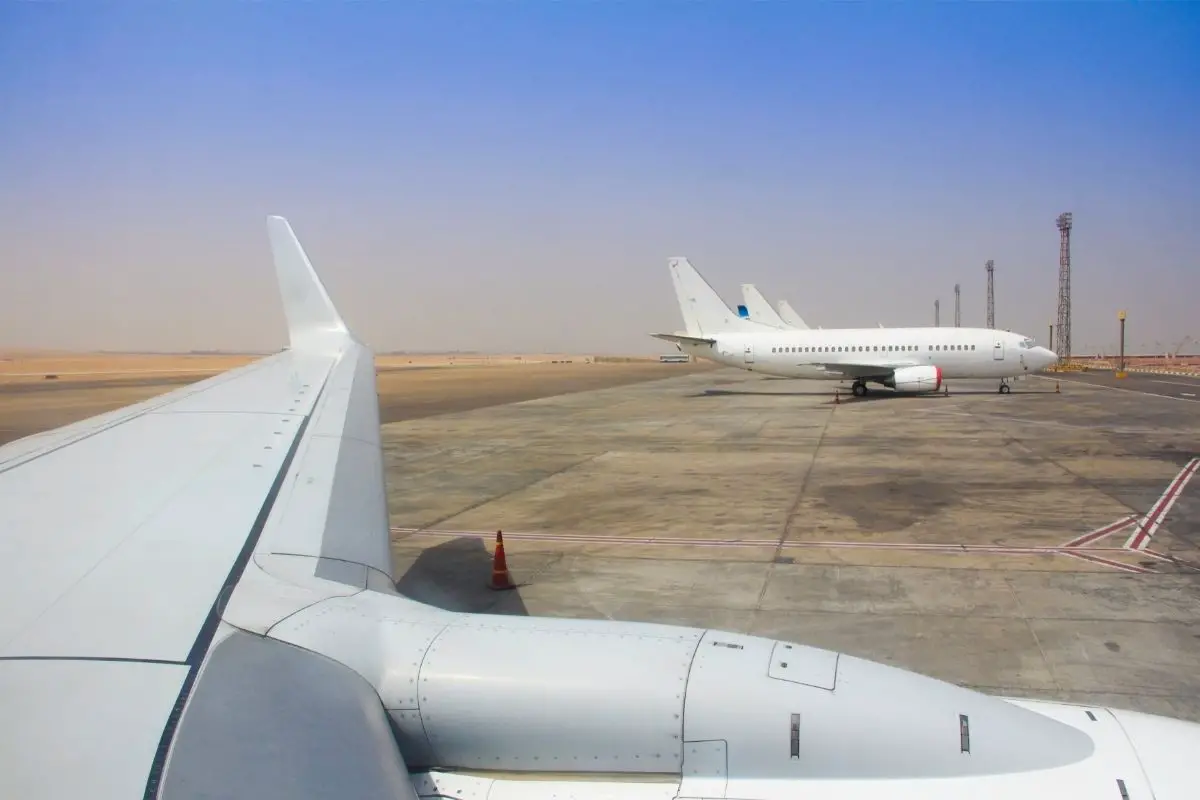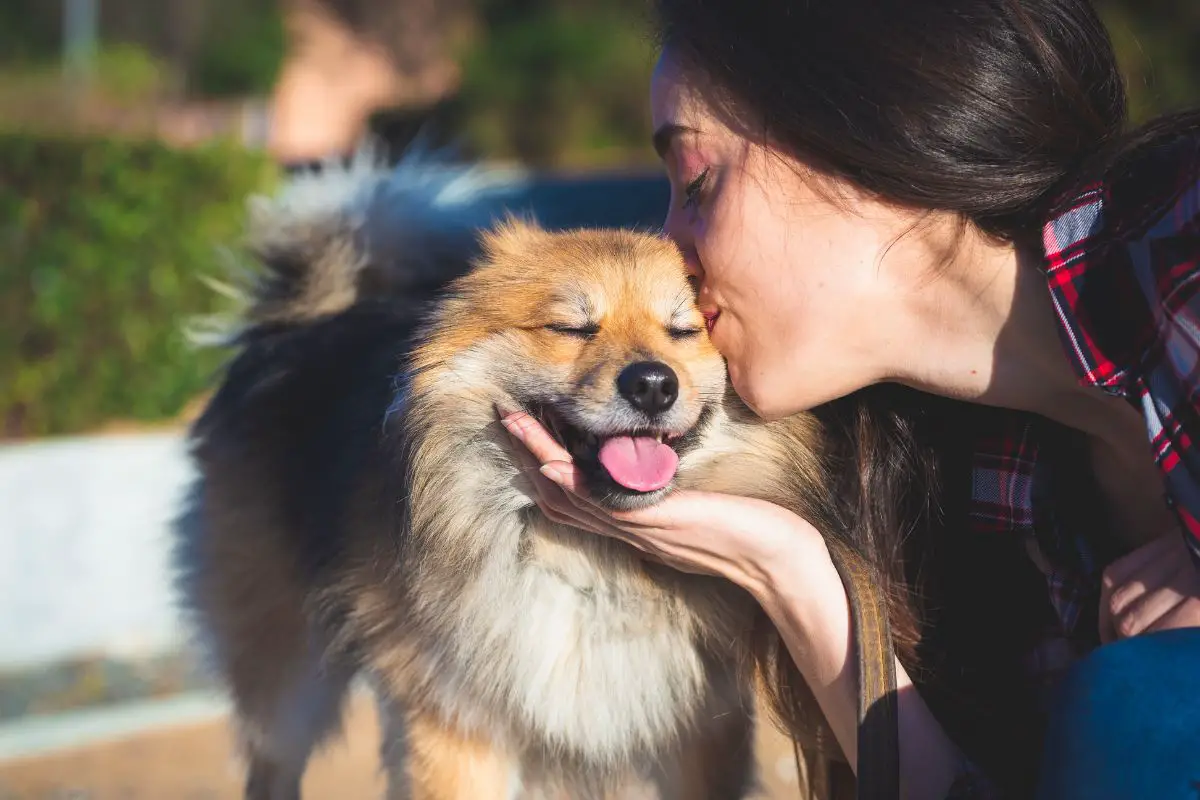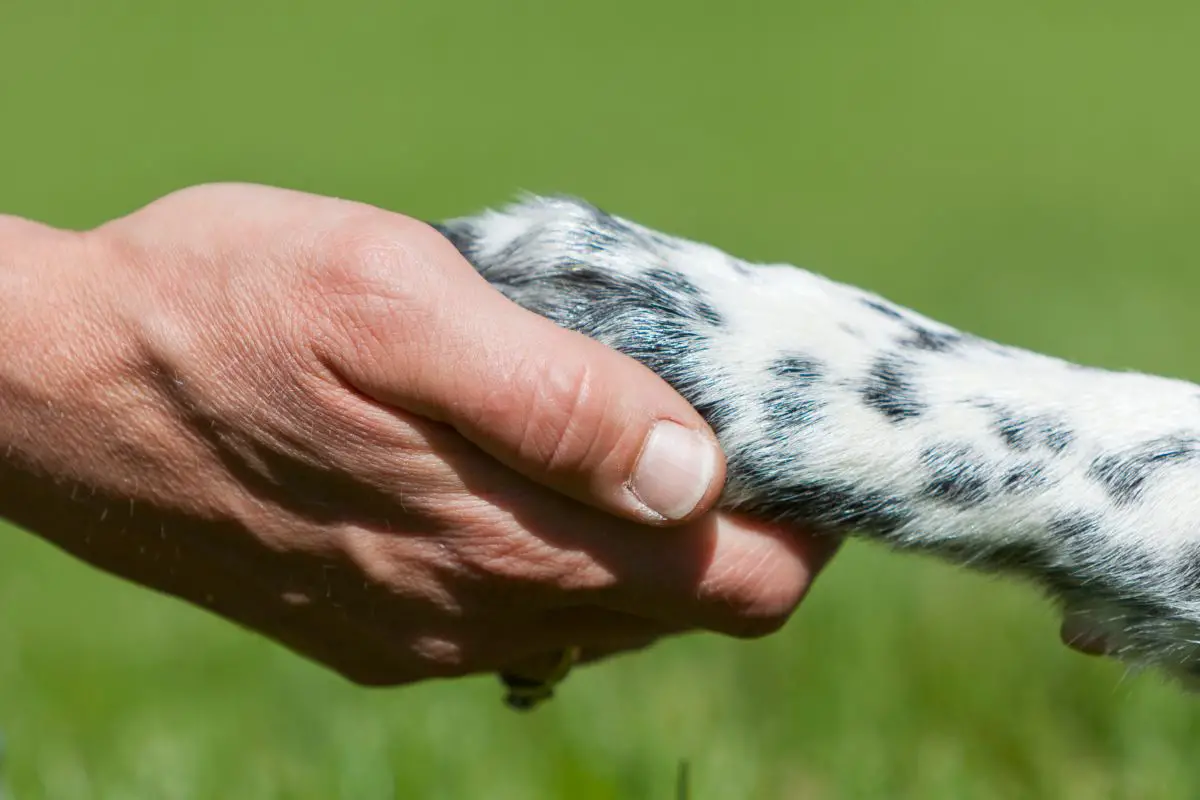Emotional support animals have long been a great way for people who need them to go about their everyday lives – but sometimes, there are situations where they cannot be allowed to go, regardless of their benefits.
Whilst we are aware of dogs for the blind being allowed in certain places due to their need for their owner, emotional support animals are a little more complicated and complex.

In today’s guide, we’ll look at what emotional support animals are, what constitutes an emotional support animal and if they’re allowed on planes and other areas.
So, read on for more.
What Do We Mean By Emotional Support Animals?
Emotional support animals or ESAs are animal companions that help with a person who may have a type of disability.
Their primary purpose is to try to alleviate complications that a person may have with their disability.
Whilst dogs are very common for an emotional support animal, it is not uncommon for cats to be included too – but that isn’t all.
There have also been reports of peacocks, monkeys, small horses, ducks, pigs and turkeys being requested for certain things when it comes to someone needing an emotional support animal.
While they have been included, it is less common for exotic or barnyard animals to be emotional support animals.
Are Emotional Support Animals Allowed On Planes?
There was a time when flights in the United States allowed emotional support animals on flights.
However, as of 2020 – the United States Department Of Transport announced a rule change that no animals besides dogs can be allowed on flights for support.
This caused much controversy, as many people claim that this consitutes discrimination for those with disabilities.
This is understandable, but also understandable from the airline’s point of view. Back in 2018, a peacock was denied entry onto a flight in New Jersey.
The airline industry argues that there has been too much abuse of the rules that allowed pretty much any animal to fly on their planes for emotional support reasons, and this detracted from those that needed legitimate support animals like dogs.
Under the Airline Carrier Act, emotional support animals did not require extra payment to fly either, which was another reason airlines found a problem with the loophole in the rules.
This isn’t to say that exotic or other animals that aren’t dogs are not allowed to fly at all, but you will have to go through all the correct channels and procedures to apply for their passage.
Additionally, whilst airlines aren’t required to allow any emotional support animals on their flight, it is still ultimately their decision, though it is unlikely they will allow any animals that they do not need to, to fly.
It’s also important to note that any dog can be included as an emotional support animal under the new rules, which means that Delta Airlines had to change their rules that pitbulls were not allowed to fly with them.
This was because they believed that pitbulls may be dangerous to other passengers, but the ruling states that airlines cannot discriminate on the breed of the dog.
Why Might Someone Need An Emotional Support Animal?

There are a variety of reasons why someone might need an emotional support animal.
Some of these reasons include:
Anxiety Reduction
Many studies have shown that petting an animal or stroking an animal can reduce a person’s anxiety.
If someone lives with severe anxiety, especially when it comes to flying on a plane – having their favorite pet on board can make all the difference.
Physical Help
It’s been suggested that emotional support animals can help reduce the problems associated with high blood pressure and unnatural breathing.
Additionally, it’s been indicated that emotional support animals can help with feelings of physical pain.
Support With Trauma
People who live with significant trauma can be helped out by having their favorite pet around for support.
Additionally, anyone that considers situations to be stressful can be calmed by their emotional support animal being present.
Like most of us, we share the feeling of love with our pets – and this is certainly true when someone has an emotional support animal.
They provide a huge amount of reciprocal love and support, so when you are on a flight, especially a long haul flight, this can be very supportive and helpful.
Decreased Feeling Of Loneliness
Those that struggle with their feelings of extreme loneliness can always benefit from having their emotional support animal around.
This is especially true if the person also lives with depression and anxiety.
The Difference Between Emotional Support Animals And Service Animals
We mentioned earlier about dogs for the blind – well this is an example of a service animal.
The main difference is that a service animal has a specific purpose that they are trained for, when helping someone with a disability.
Guide dogs, or dogs for the blind, are specifically trained and distributed to help blind people find their way around and continue their everyday lives.
However, emotional support animals have no specific purpose, other than support. This is one reason that airlines had to clarify their position.
Generally, service animals must be dogs – but it has been honed in on further and in some rarer cases, miniature horses can also be required for certain disability purposes.
It’s also important that we differentiate from psychiatric service animals, who are trained to help those with psychiatric problems continue living their lives as normal.
The Bottom Line
Emotional support animals may be very beneficial to many people who need them, but unfortunately – only dogs are now allowed on planes if they are for the purposes of emotional support.
However, this does not mean that animals cannot go on planes, but they must be dealt with accordingly through the correct channels.
- Are Antlers Safe For Dogs? - January 14, 2024
- Can Dogs Eat Honey Nut Cheerios? - December 23, 2023
- Natural Deworming Remedies for Your Dog - December 18, 2023








